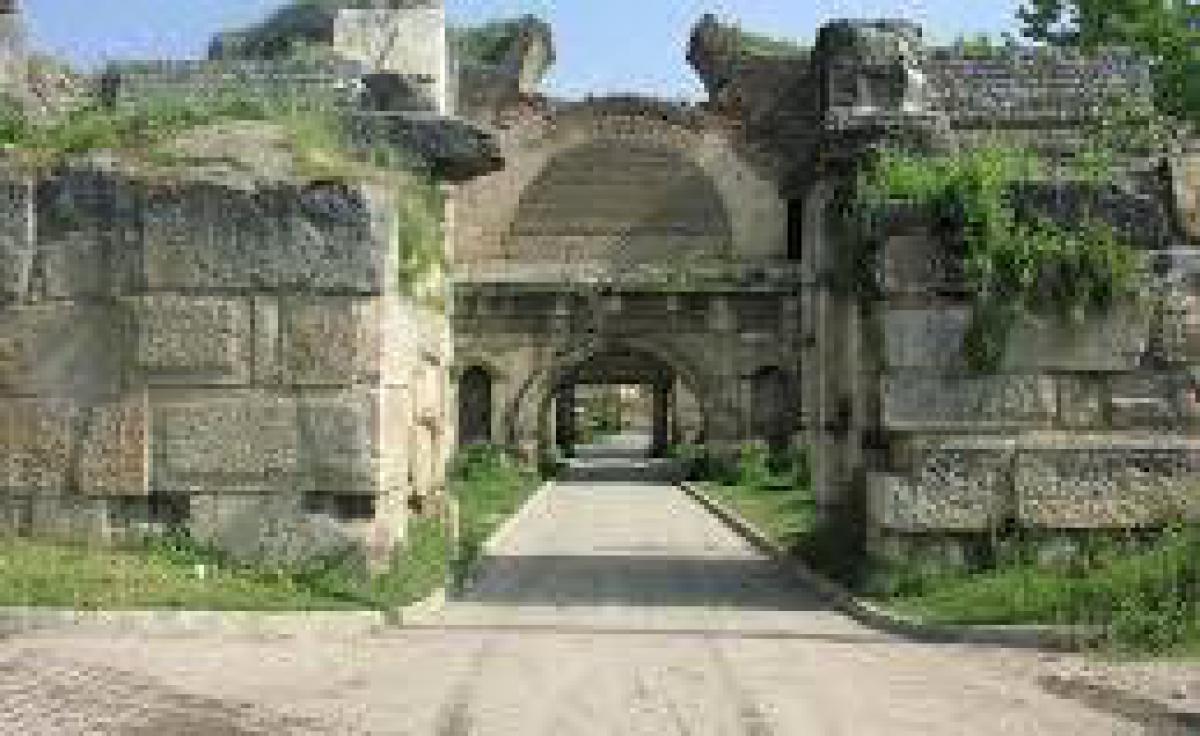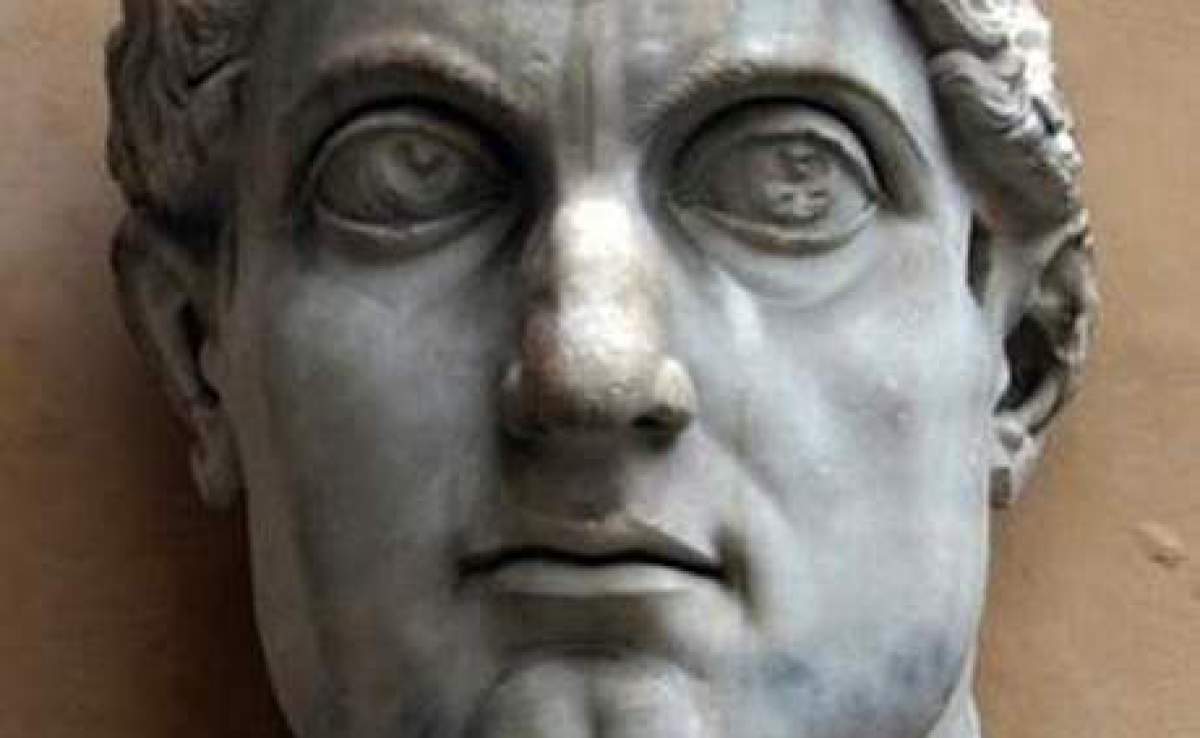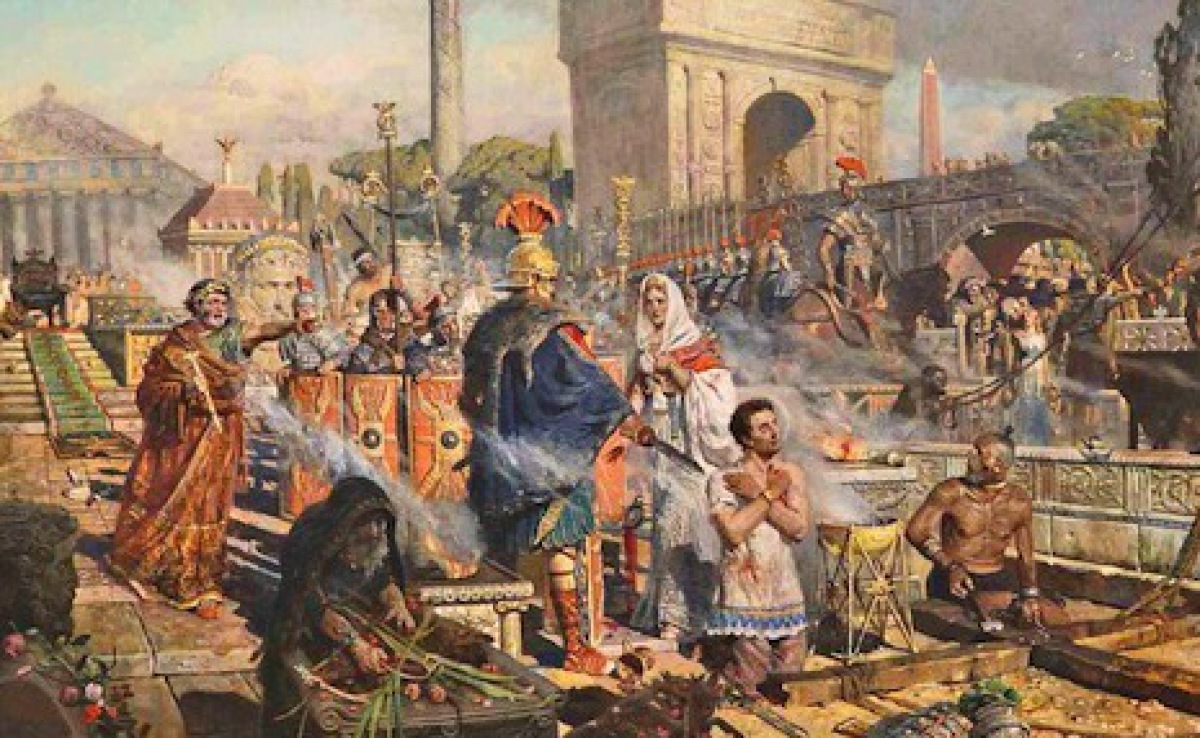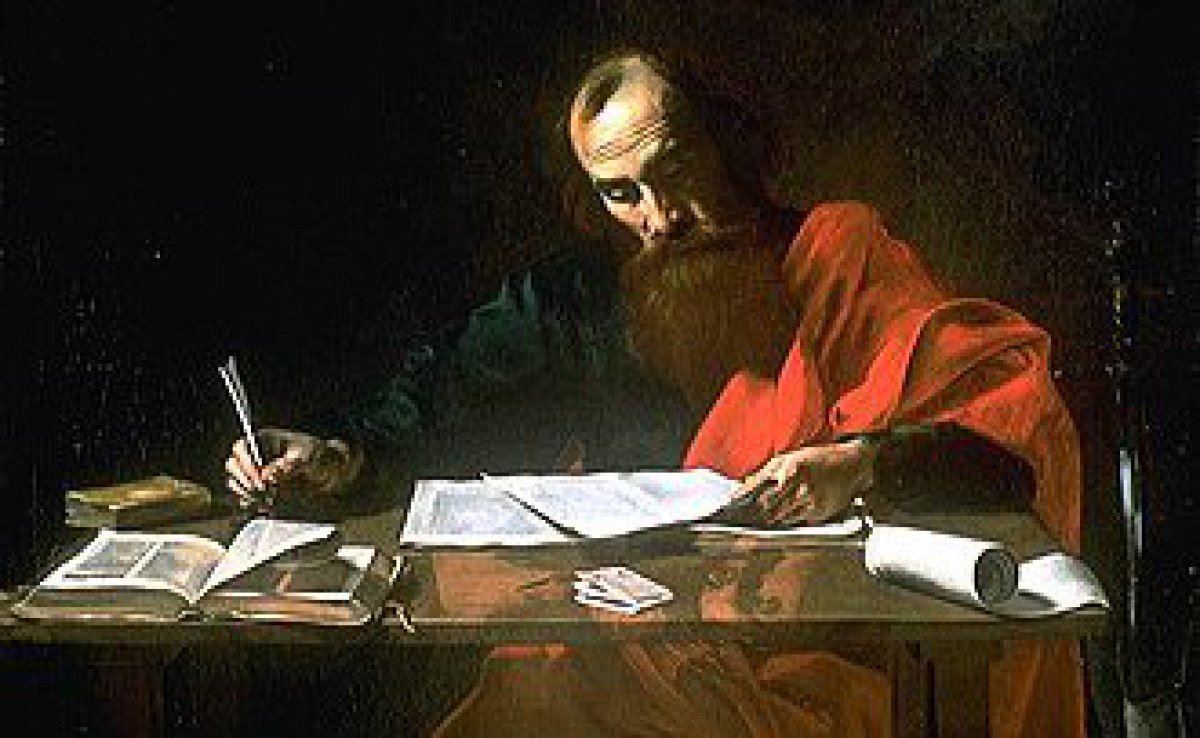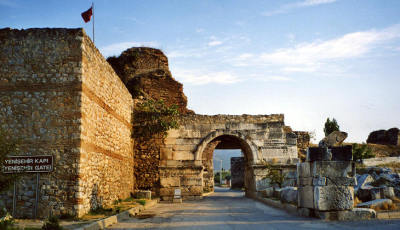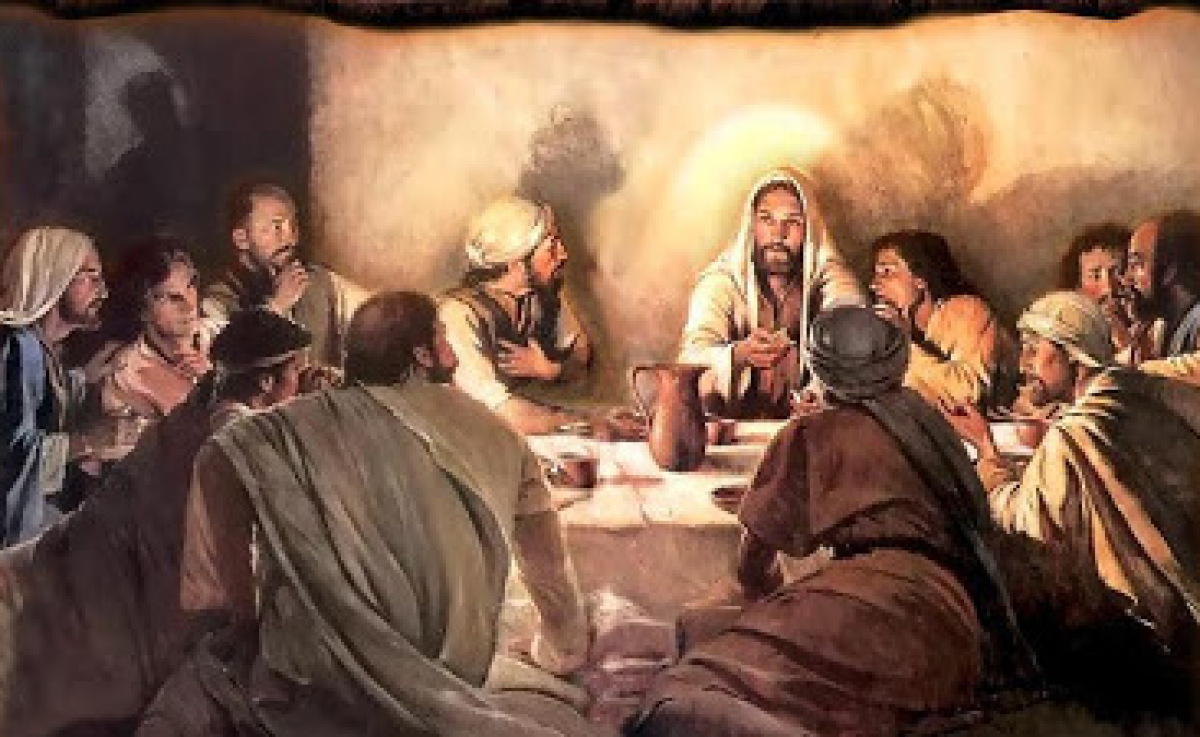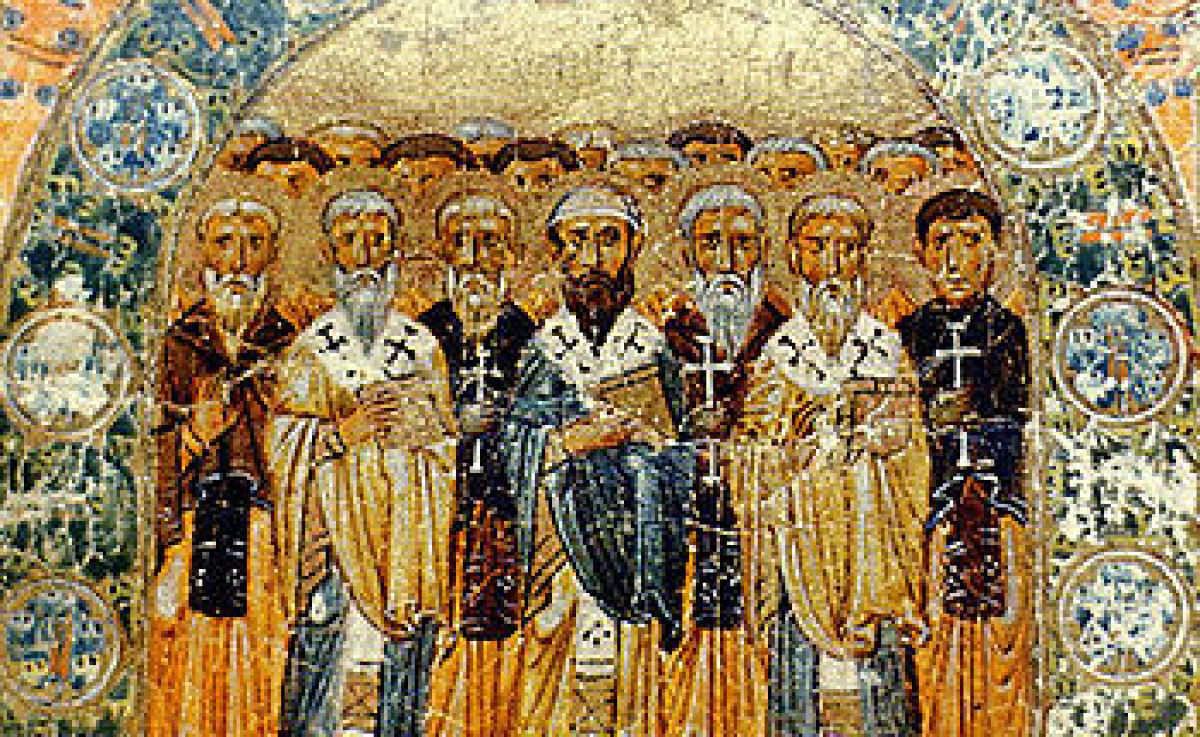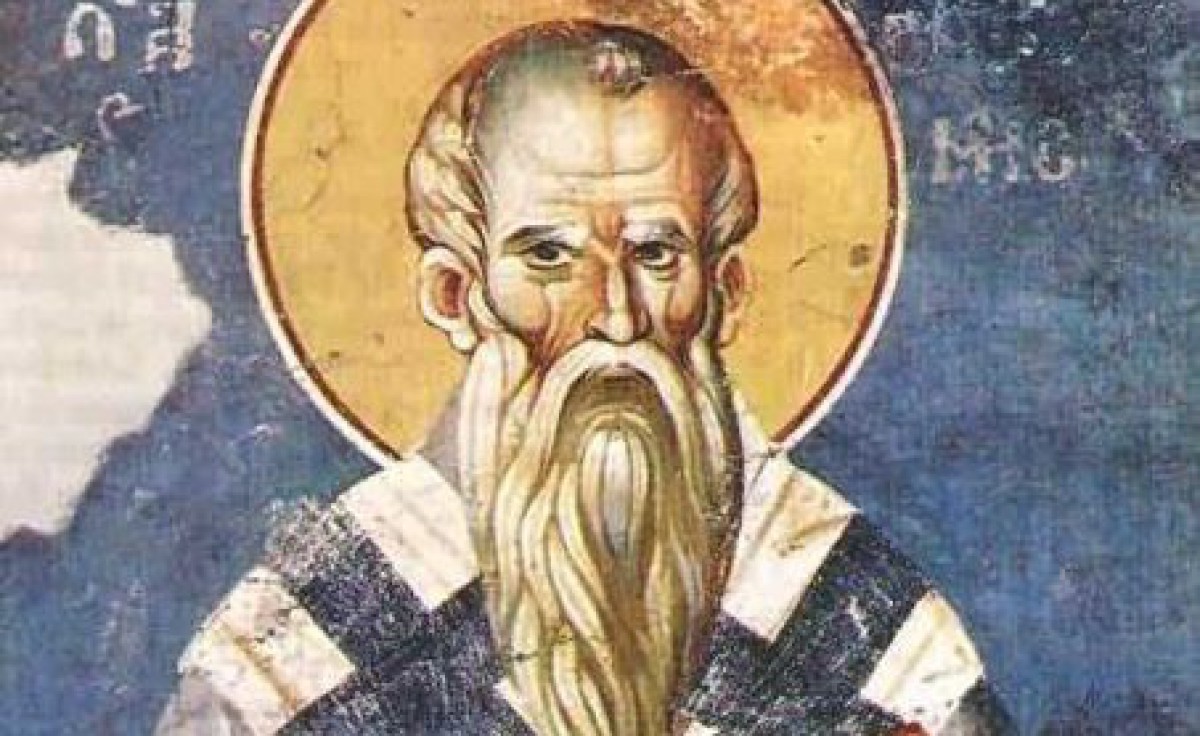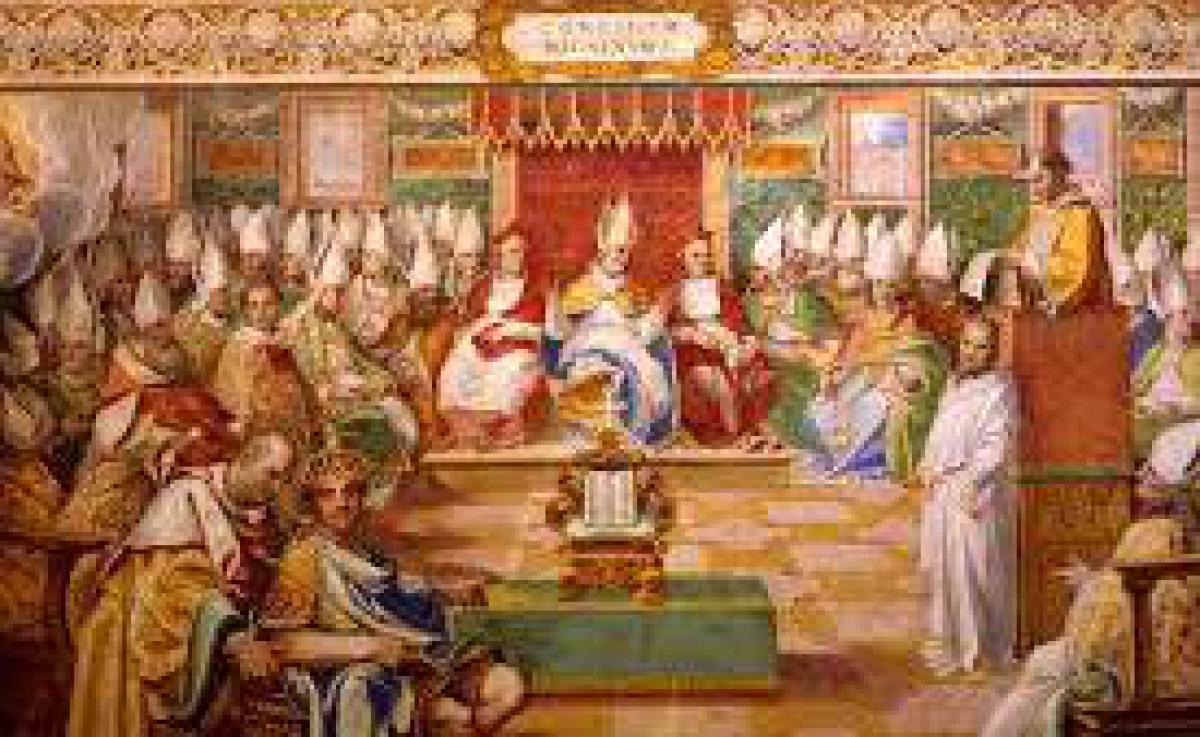Early Church History
100-400 A.D.
Jesus and Apostles
Early Church Fathers
Ante-Nicene Christianity
Christian Persecution
Council of Nicaea/Creeds
Christian Life/Bible
~~~
The Resurrection of Jesus means that no matter what happens to us in life,
we have an undying hope that never fails!
What happened at the Council of Nicaea?
In the early fourth century AD, Christian bishops in the Roman Empire traveled to the ancient town of Nicaea at the direction of Emperor Constantine the Great for the first time as an ecumenical council. Nicaea is now called Iznik, in modern-day Turkey, and is located in a fertile basin at the eastern edge of Lake Ascanius and surrounded by hills. Constantine arranged the synod in AD 325 to deal with two issues: the heresy of Arianism and the date of Easter.
Constantine called bishops together to unify the 4th-century church in the face of
growing theological disputes over the divinity of Christ.
Some 300 bishops gathered in the emperor's grand lakeside palace. In the center of the chamber, on a throne, lay the four gospels. Constantine was dressed in a purple gown and wore a silver diadem. He opened the Council of Nicaea by saying, "I rejoice to see you here, yet I should be more pleased to see unity and affection among you."
Christ co-existed eternally with God.
Constantine told the delegates assembled in the Senatus Palace in Nicaea to resolve their differences. Many bishops argued that God the Father created Christ the Son before the beginning of time, while others asserted that Christ had the same divine essence as God the Father.
If Christ is not God, how can he overcome the infinite gap between God and man?
The bishops finally voted and approved the first Nicene Creed in 325 AD. But disagreement over the meaning of Scripture on the deity of Christ continued for more than fifty years. Another council of bishops met in Constantinople in 381 AD and adopted an expanded form of the earlier creed.
The creed affirms that God is three "persons" (Father, Son, and Spirit) in one nature or essence. Each person is fully divine, yet each is distinct.
The Nicene Creed is the most widely accepted and used brief statement of the Christian Faith. In Liturgical Churches, it is said every Sunday as part of the Liturgy. It is Common Ground to East Orthodox, Roman Catholics, Anglicans, Lutherans, Calvinists, and other Christian denominations. Many Christians who do not have a tradition of using it in their services nevertheless are committed to the doctrines it teaches.
~~~
The year 2025 marks the 1,700th anniversary of the world’s
first ecumenical Council, the Council of Nicaea of 325.
Seven Councils: The Council of Nicaea
Articles by Tim Challies on the seven ecumenical councils of the early church, including
setting and purpose, major characters, conflict, result, and lasting significance.
Early Christian Centuries
First Century A.D.
The 1st century is focused on the formative years of the Christian faith. The earliest followers of Jesus are primarily Jews, which historians refer to as the Jewish community. The apostles left Jerusalem, following the Great Commission of Jesus to spread His teachings to "all nations".
Fourth Century A.D.
The 4th century was dominated in its early stage by Constantine and the First Council of Nicaea. This was the beginning of the first seven Ecumenical Councils (325-787), and in its late stage by the Edict of Thessalonica of 380, making Nicene Christianity the state church of the Empire.
"He [Jesus] is the image of the invisible God, the firstborn of all creation. For by him all things were created, in heaven and on earth, visible and invisible, whether thrones or dominions or rulers or authorities--all things were created through him and for him. And he is before all things, and in him, all things hold together. And he is the head of the body, the church.
"He is the beginning, the firstborn from the dead, that in everything he might be preeminent. For in him all the fullness of God was pleased to dwell, and through him to reconcile to himself all things, whether on earth or in heaven, making peace by the blood of the cross." (Colossians 1:15-23)
A Relationship with Jesus Christ
A personal relationship with Christ begins at the moment of our salvation. Only when we are born spiritually into God's family do we become members of His spiritual kingdom. While we may not know exactly when this new life begins, we can understand the steps we need to begin this new relationship:
- Admit our lost condition. We come into this world separated from the life of God and absorbed with an interest in finding satisfaction on our own terms.
- Acknowledge what God has done for us. Jesus's death was of infinite value. When He rose from the dead, He proved that He had died in our place to pay the price of all sin--past, present, and future.
- Believe and receive God's gift. No one is saved by trying to be good but by trusting in the Good News of Christ.
(Adapted from our Daily Bread)
What is ... Bible Study Fellowship?
Bible Study Fellowship (BSF) provides free, in-depth Bible studies for people of all ages around the world. Each year BSF groups focus on a different book or section of God's Word over 300 weekly sessions. Members study chapter-by-chapter, verse-by-verse, to better understand the text and gain more knowledge of, and relationship with its Author--Almighty God.
Contact us at: warren@earlychristians.net
Warren Lamb
Author of the Nicaea Trilogy: Three Novellas
Published by Redemption Press
A saga told in a collection of three historical novellas under one cover against a backdrop of persecution and war during early Christianity in the Roman Empire. A priceless ancient book, called the Nicaea Codex, becomes the object of a relentless quest by those determined to possess it.
"Entertaining and Illuminating" -- Rodney Stark, a sociologist of religion and author
"Knows how to spin a story" -- Kathryn Bennett, for Readers' Favorite
"A solid, enjoyable read" -- Historical Novel Society
Faithful Journey is historical fiction based on the Acts of the Apostles in the New Testament. Acts is one of the most recognized Bible stories about early Christianity 2,000 years ago.
The novel by Warren Lamb is a modern portrait of the lives and times of those who played key roles in this ancient biblical odyssey of spreading the Christian faith.
"A good and true story well told . . . ." Dennis Johnson, New Testament Scholar and Author
Copyright 2024. EarlyChristians.net. All rights reserved.
